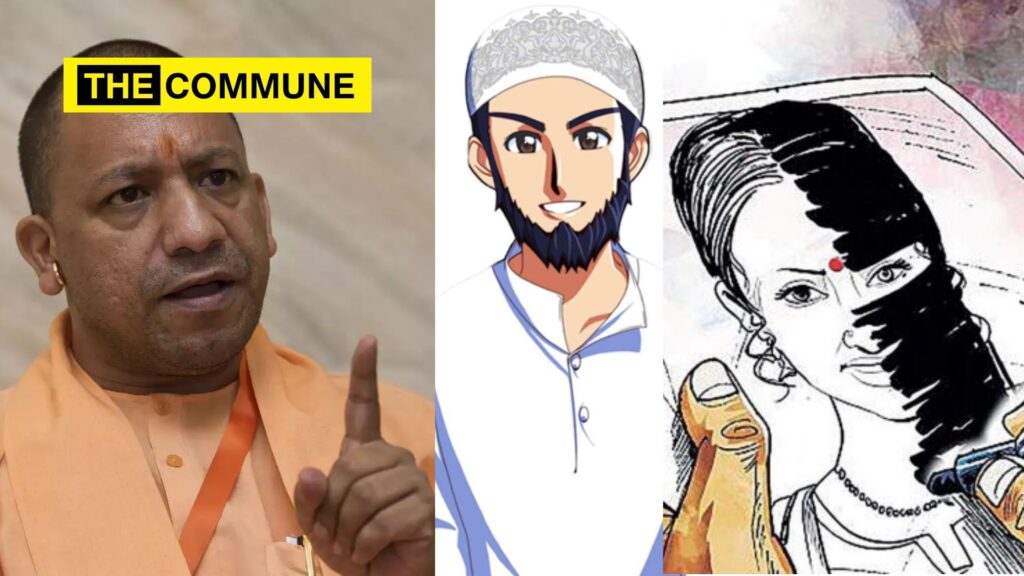In an attempt to control the growing menace of forced religious conversions, the Yogi Adityanath-led government in Uttar Pradesh on Tuesday (November 24) approved the draft ordinance dealing with forced religious conversions called ‘Vidhi Virudh Dharmantaran 2020’.
UP Cabinet decides to introduce an ordinance against unlawful religious conversions: State Cabinet Minister Siddharth Nath Singh pic.twitter.com/vUPO7SLyR7
— ANI UP/Uttarakhand (@ANINewsUP) November 24, 2020
The cabinet on Tuesday gave its consent to the proposed draft and once the bill becomes a law, it would prevent individuals from converting people to other faiths by enticing or threatening.
The move of the Uttar Pradesh government comes in the light of forced religious conversions through love jihad, where Hindu women are lured or threatened into marriage by Muslim men either openly or under the garb of a Hindu identity and later revealing their Muslim background.
The proposed ordinance contains a prison term of 5-10 years for those indulging in forced religious conversions. If the women is from the general category, the quantum of punishment will be five years and if the women happens to be a Dalit or minor, the quantum of punishment can go up to 10 years.
The ordinance provides for jail term of 1-5 years with Rs 15,000 penalty for forceful religious conversion. For conversions of minors & women of SC/ST community, there will be jail term of 3-10 years with Rs 25,000 penalty: State Cabinet Minister Siddharth Nath Singh https://t.co/D6uTXIAHic
— ANI UP/Uttarakhand (@ANINewsUP) November 24, 2020
Justice Aditya Mittal, the Chairman of the Law Commission, said, “The term love jihad has not been used in the Bill, and conversions related to all religions will be covered under the new law. To be precise, it will not just be focused on Hindu-Muslim conversions or conversions for the specific purpose of marriage.”
Also, the Chairman of the Law Commission Mittal, added that under the prospective law, inter-religious marriages will be encouraged to go through the Special Marriage Act.
Under the Act, a consenting couple must reach out to the district magistrate’s court expressing a desire for marriage. After the request is made, the administration will issue a 30-day notice during which objections can be raised to such a proposed marriage.
If it is a case of forced conversion, through marriage, the person could face trial in the court.
Another important provision in this proposed new draft law is, family courts will have the power to adjudicate under the proposed law and an aggrieved person if is a he or she feels cheated can approach a family court and the court will have the power to nullify such a marriage.

